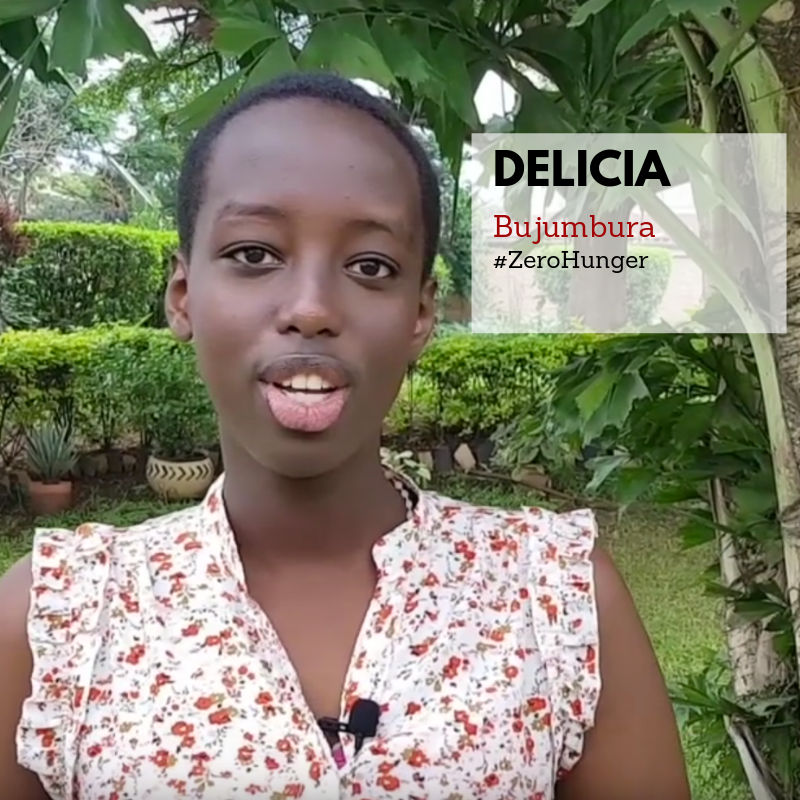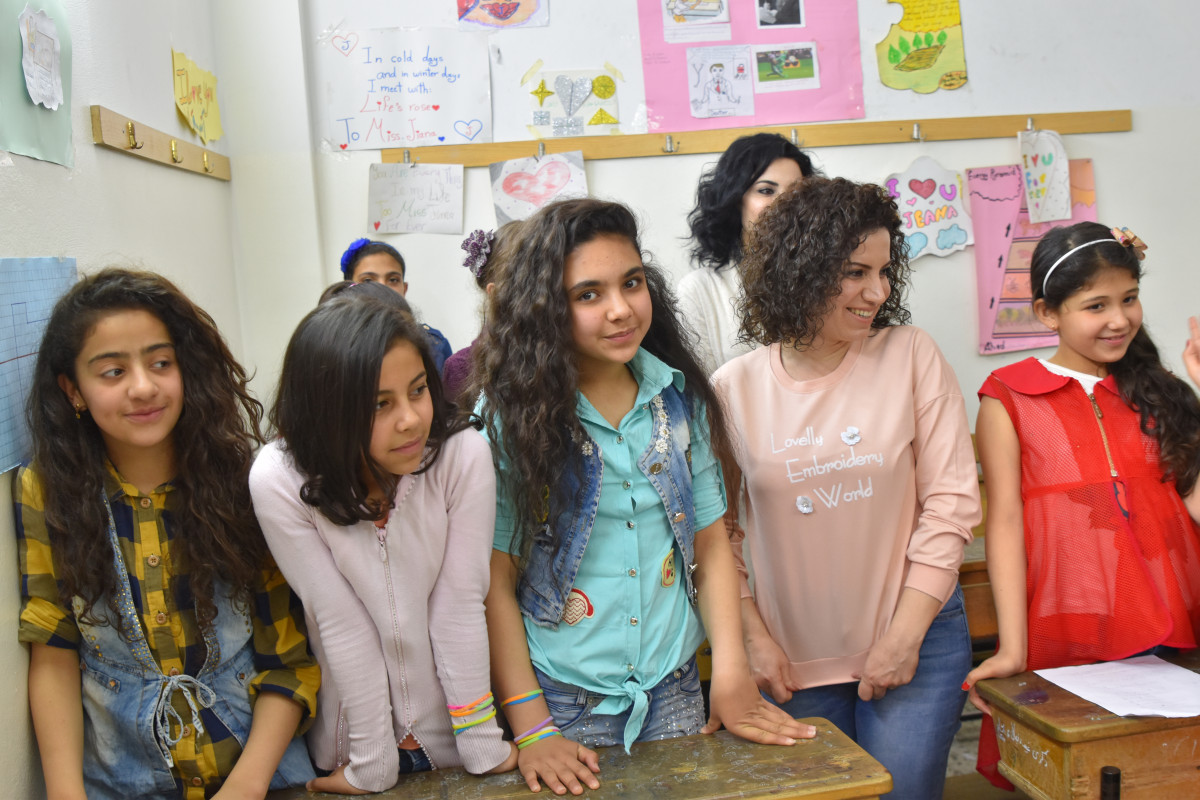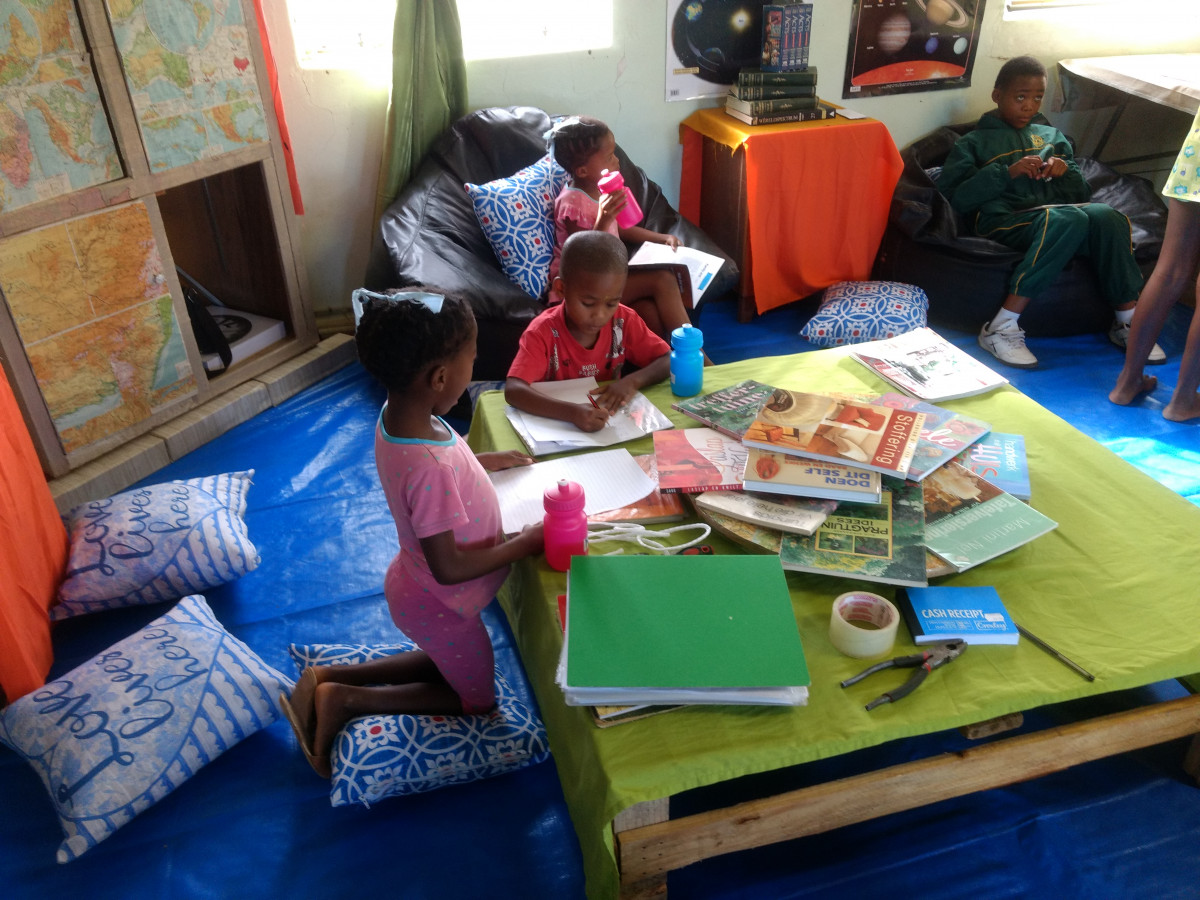
Workshop
The toughest challenge in the city of Man
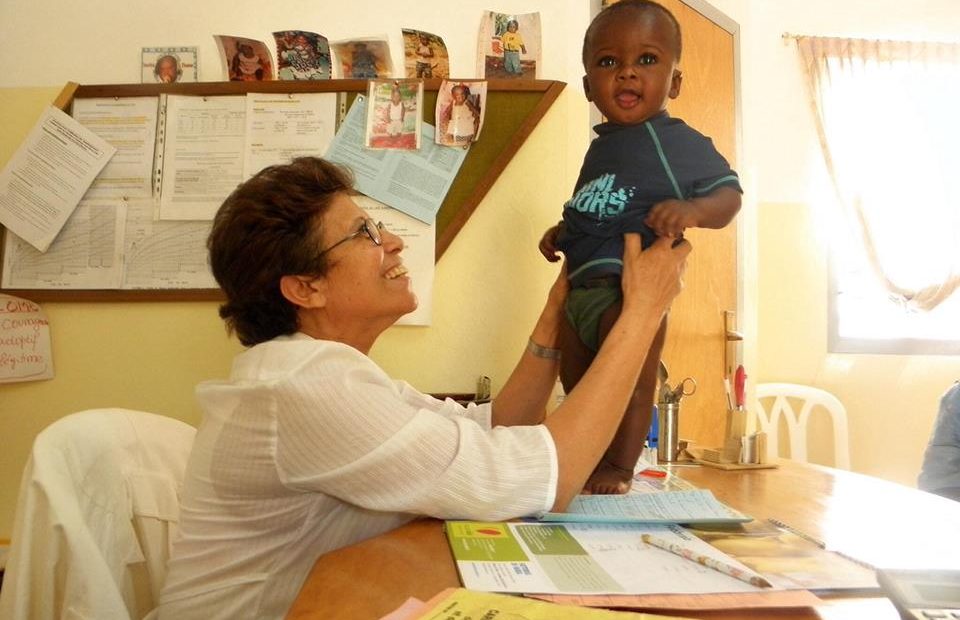
By Giovanna Pieroni.
In a country where undernourishment is one of the main causes of the infant mortality AFN onlus works to save many children’s lives.
Crossing a liana bridge is not a difficult task, except for when one has to carry heavy load on their head and a kid tied to their back. However the toughest challenge for the people of Man is quite different.
In the heart of Ivory Coast, the city which name means “the wood of sacred monkeys” is crossed by numerous liana bridges considered sacred, built by young “initiated” people in just one night. Despite the fact the country is the leading global manufacturer of cocoa, according to a UNICEF’s research one third of children in Ivory Coast is affected by chronic undernourishment. For the children under 5 years it means a high risk of mortality and heavy pathological conditions with irreversible damage.
As a result of numerous cases of undernourishment, starting from 1998 some women asked the local Focolare community for help. At-home check-ups started in about 60 villages aimed at understanding the incidence of this phenomenon. So a project aimed at eradicating various forms of undernourishment, first in the villages of Libreville and Doyagouiné, was launched in cooperation with AFN onlus and a Nutrition Center was opened in Man.
Now a nurse, 4 assistants taking anthropometric measurements, a doctor and an obstetrician work there ready to help in case of need.
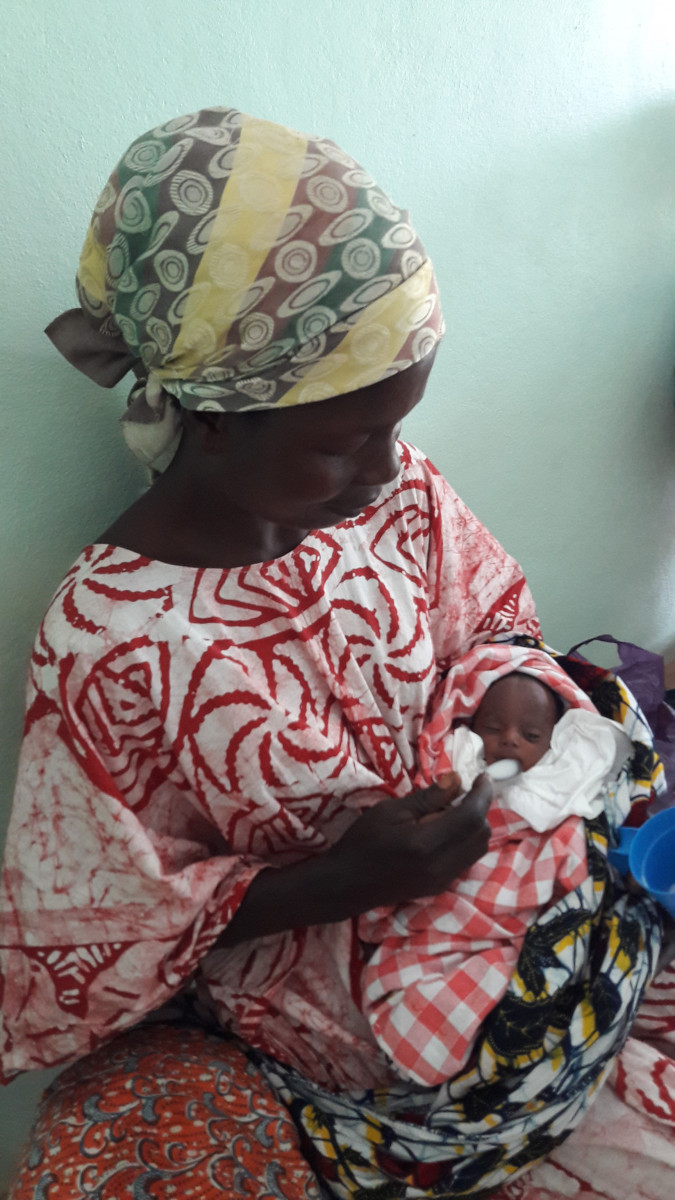
“Every month we save 150 malnourished children and undernourished young mothers who cannot carry on with breastfeeding,” Magrit, a nurse employed at the Center, explains.
There are many causes of malnourishment: low availability of proper food, wide-spread ignorance regarding basic nutrition and sanitary notions, poor access to drinking water and polygamy. The unexpected outbreak of war in 2002 and then the second conflict in 2010 made the context even harder resetting economic resources, cultural and moral values. The only thing left is a subsistence economy and a huge number of children who hope to have a better future. Thanks to the two mills obtained through the project, grains are transformed into flour and meals rich in iron and nutrients are cooked. Once a week the team and the target group hold a sanitary and nutrition training for prevention. “We teach nutrition principles and the importance of using local products: cereals, legumes, corn, soya and manioc,” Magrit explains, “We promote the exclusive breastfeeding between 0 and 6 months, vaccination, careful hygiene and the screening for prevention. We support the mother-child bonding because love and care are as important as food is for growing a healthy baby.”
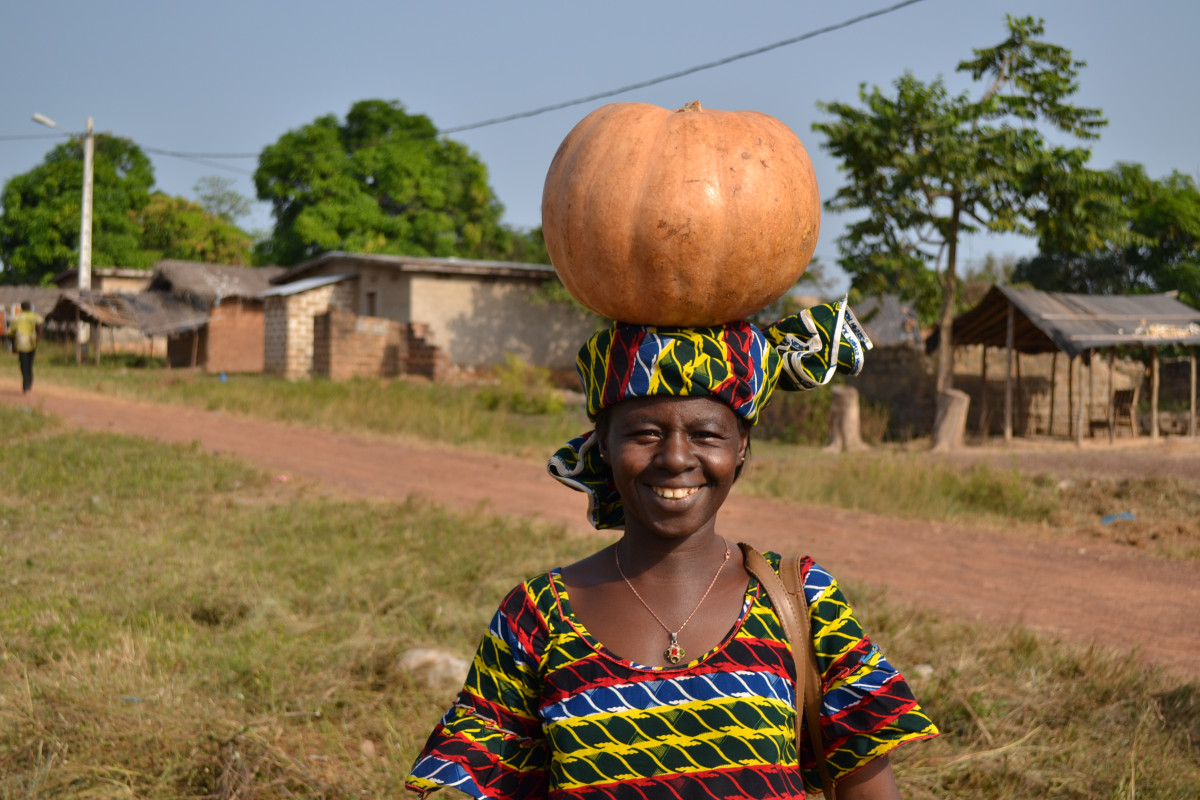
Numerous women affected by postpartum depression come to the Center. This condition, being considered a taboo and not requiring medical help, often results in the removal of babies from their mothers, the babies who, being deprived of their mothers’ milk, are at risk of malnutrition. “We have prepared a room to accommodate the mothers in this condition: there is personnel who take care of the newborns until the mothers start caring again about their babies and breastfeeding them. In this way we give courage and joy of life back to these women.”
Once the mothers have learnt the main notions of nutrition science and hygiene, they themselves teach other people in their villages.
“The families contact us because there is no other nutrition center in the region,” Magrit continues.
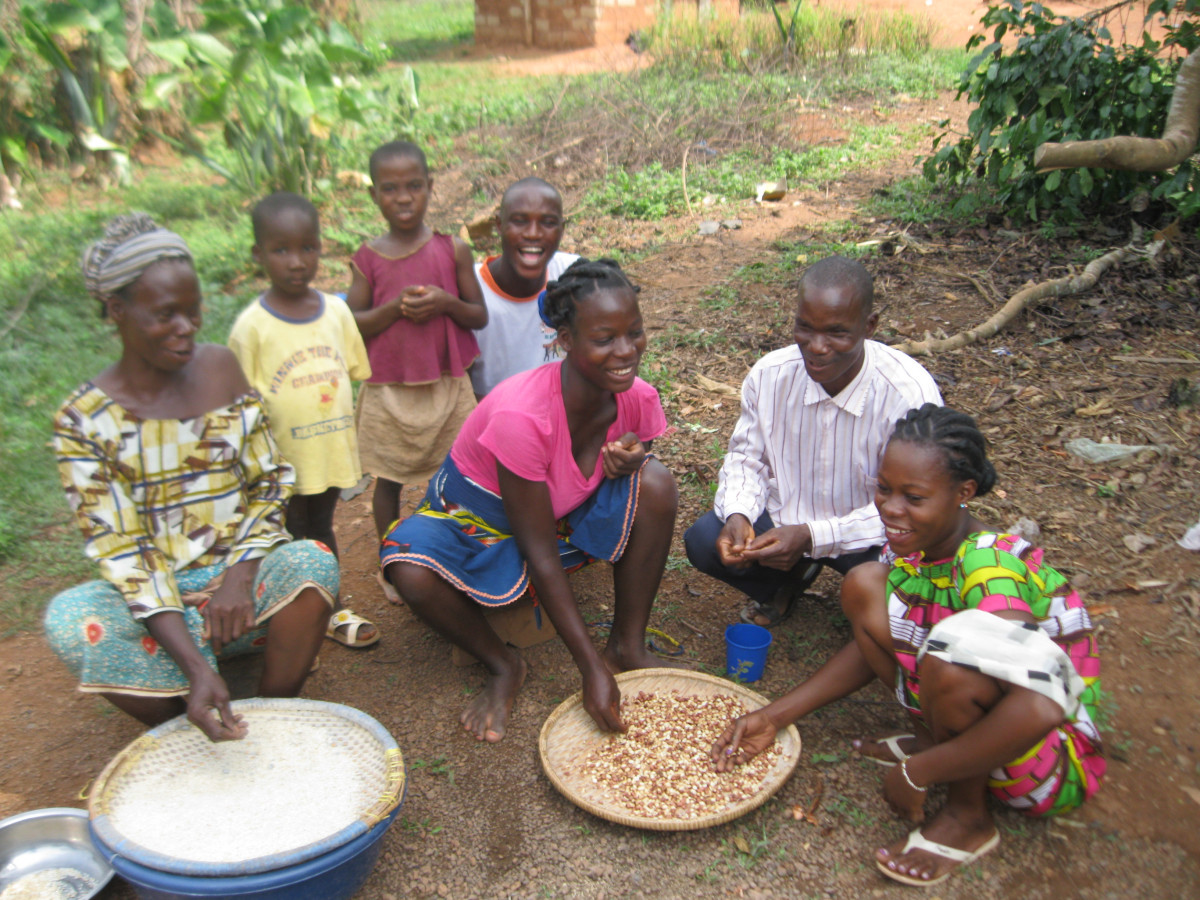
According to a popular superstition, individuals affected by the so-called “monkey disease” meaning the symptoms of malnutrition, dreaded as damnation, are left to die. But Ephrasie did not give up, took her thin, emaciated baby with a large, disproportionate head and fled away from her family. After having heard that lots of children had gotten well at the Nutrition Center, she asked for her son to be checked in as well. First he was admitted to the hospital, and later put into the nutrition programme. Today the boy is 11, doing fine and attending school. He is the top pupil of the village.
In these past years, notwithstanding numerous challenges related to the social and environmental conditions, the project provided support to about 25 thousand children aged 0 to 5 years and to 1,500 pregnant and breastfeeding women. 98% of the malnourished children got well and the others are still part of the prevention programme. About sixty saved children, once they grew up, expressed the desire to receive education. A place suitable for organizing a school was found.
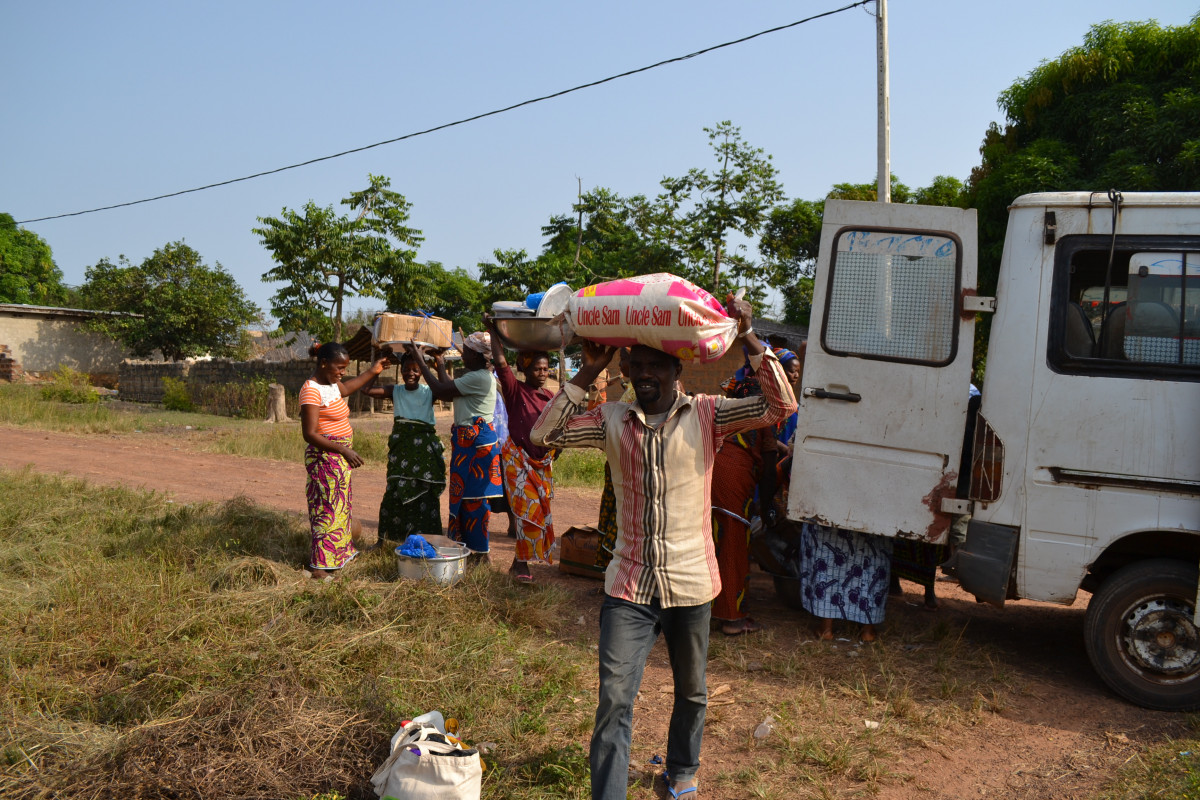 It has been 20 years now since Magrit started working at the Center: “For me it is important to do everything I can to give a new impulse to this project. We need employees ready to join us in this spirit of fraternity and to find together new ways of carrying on with this work, making it develop and help to save a lot of malnourished children. We launched a small shop selling our products to support ourselves but the profit is really low. Your financial aid is fundamental for us to be able to go on: the toughest challenge, indeed, is having no possibility to ask for money those who starve!”
It has been 20 years now since Magrit started working at the Center: “For me it is important to do everything I can to give a new impulse to this project. We need employees ready to join us in this spirit of fraternity and to find together new ways of carrying on with this work, making it develop and help to save a lot of malnourished children. We launched a small shop selling our products to support ourselves but the profit is really low. Your financial aid is fundamental for us to be able to go on: the toughest challenge, indeed, is having no possibility to ask for money those who starve!”
Learn more
The AFN’s formula “SUPPORT THE PROJECT” (“SOSTEGNO AL PROGETTO”) gives an opportunity to make an annual donation of 200 euros minimum to favour the improvement of the social condition in which the minors live, helping to fix their family and local issues. For those who want to support the project, please indicate the following purpose of payment: CONTRIBUTO SOSTEGNO AL PROGETTO “CENTRO NUTRIZIONALE MAN-COSTA D’AVORIO” (DONATION TO SUPPORT THE “NUTRITION CENTER IN MAN, IVORY COAST” PROJECT).
